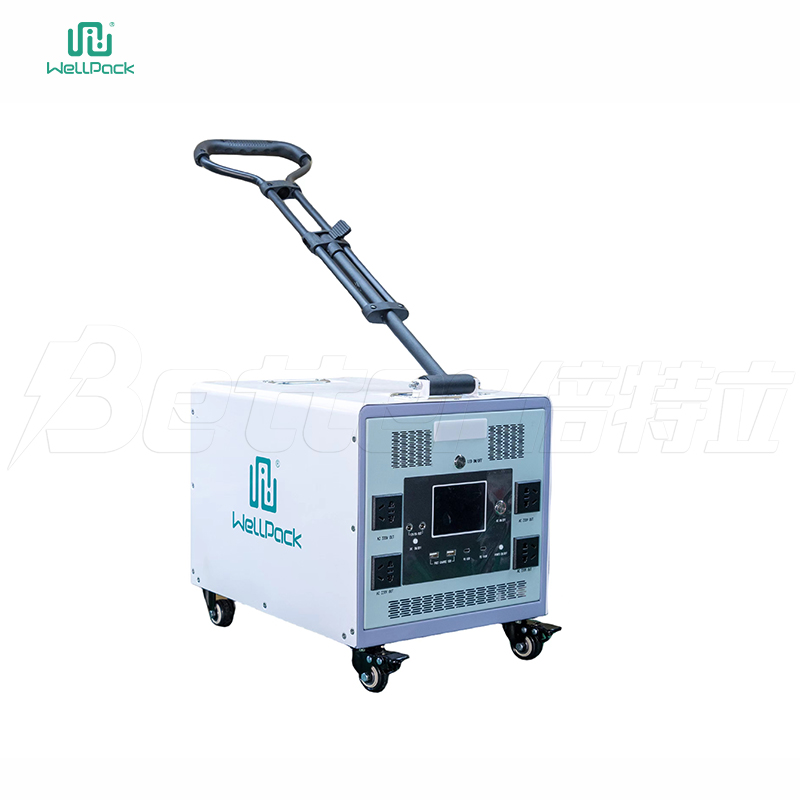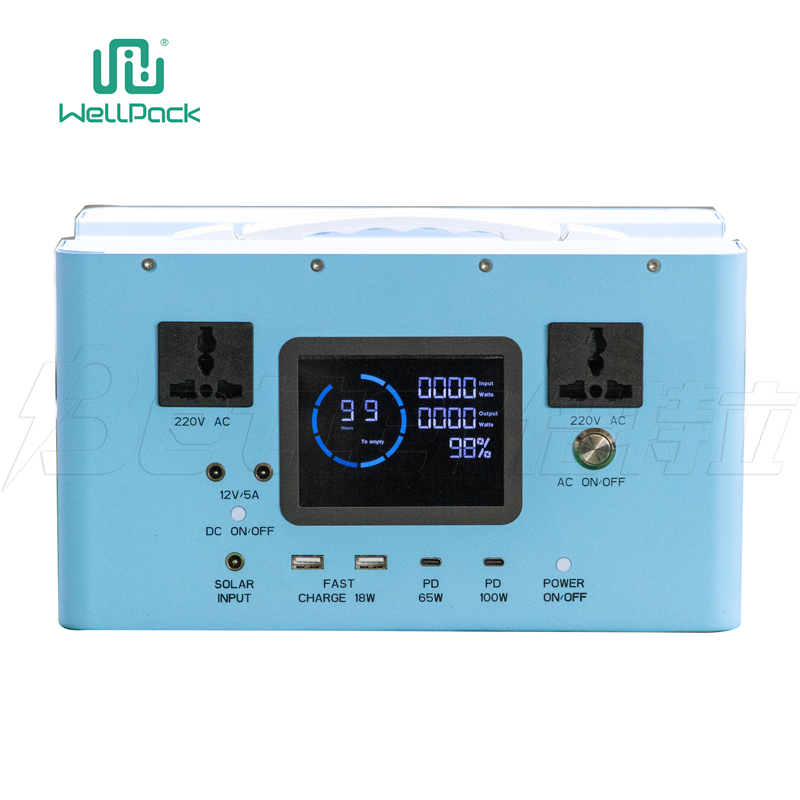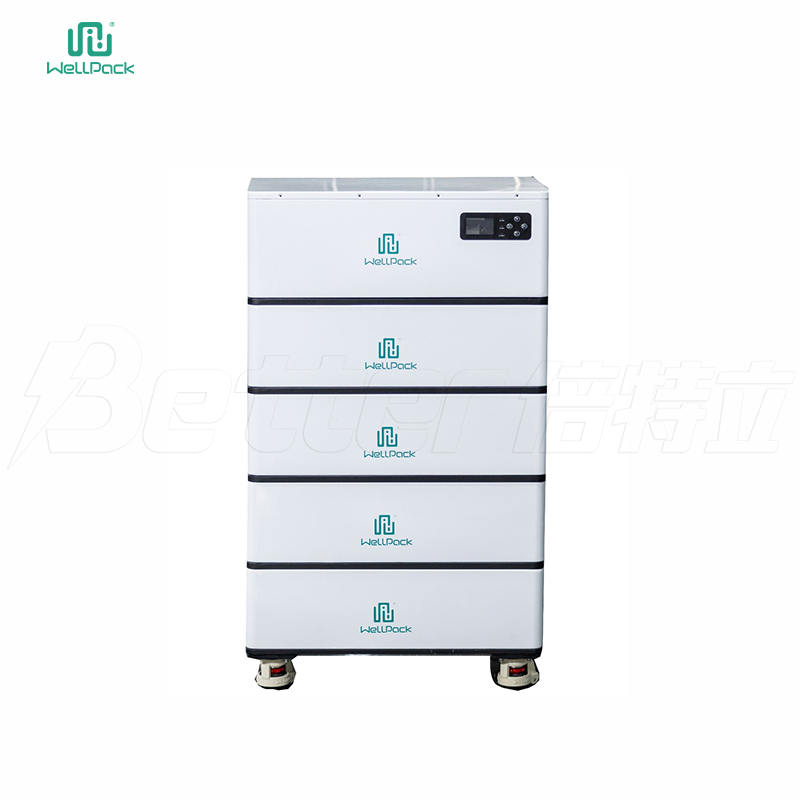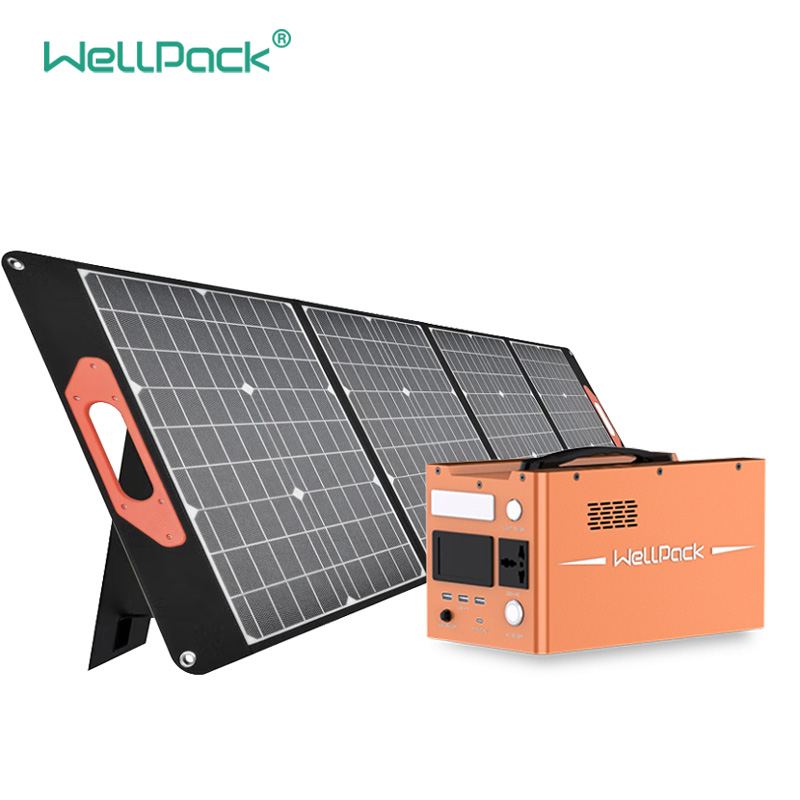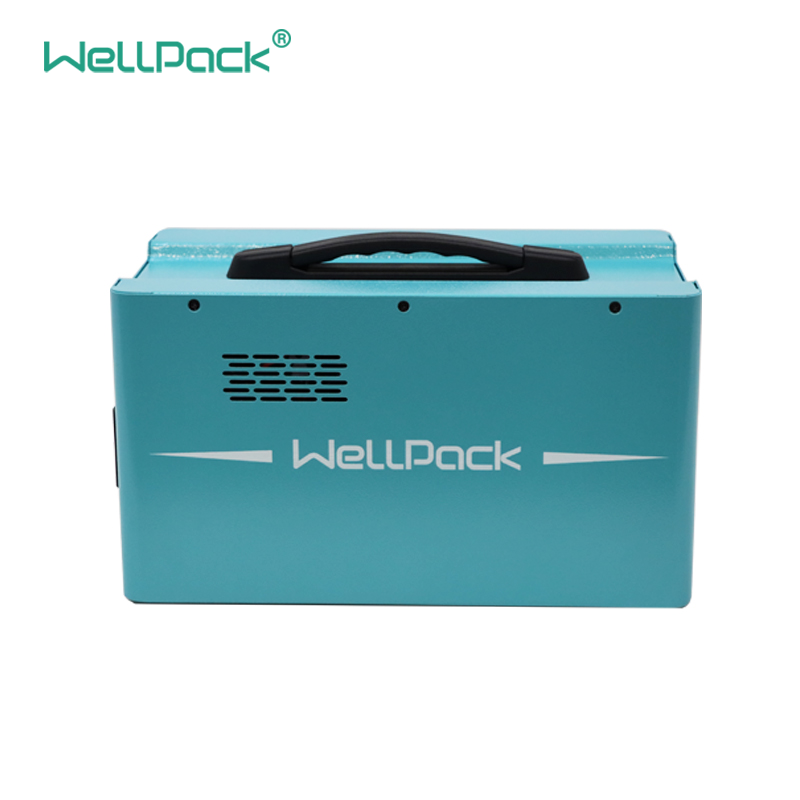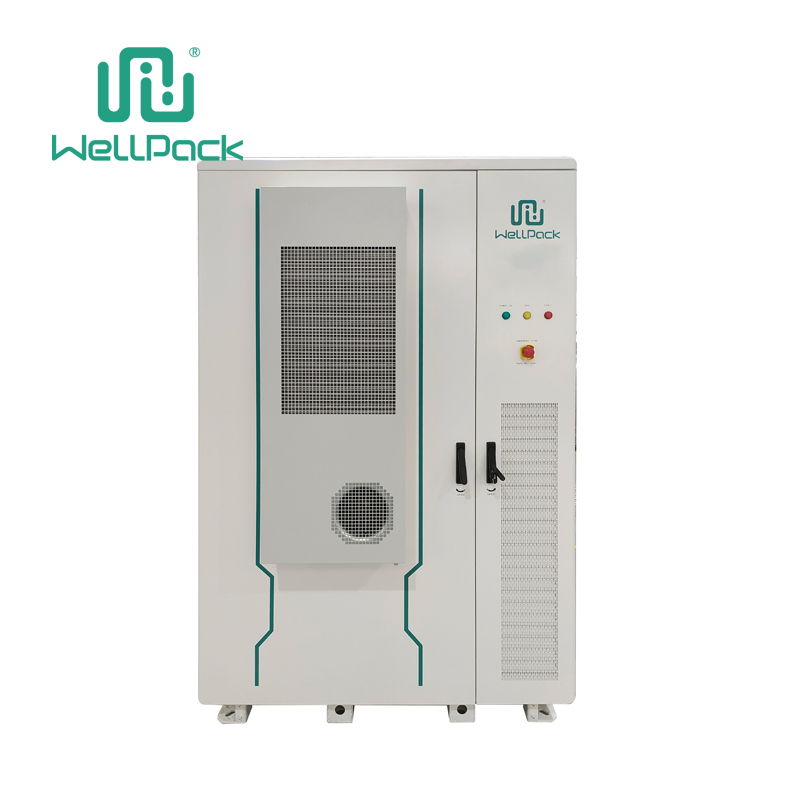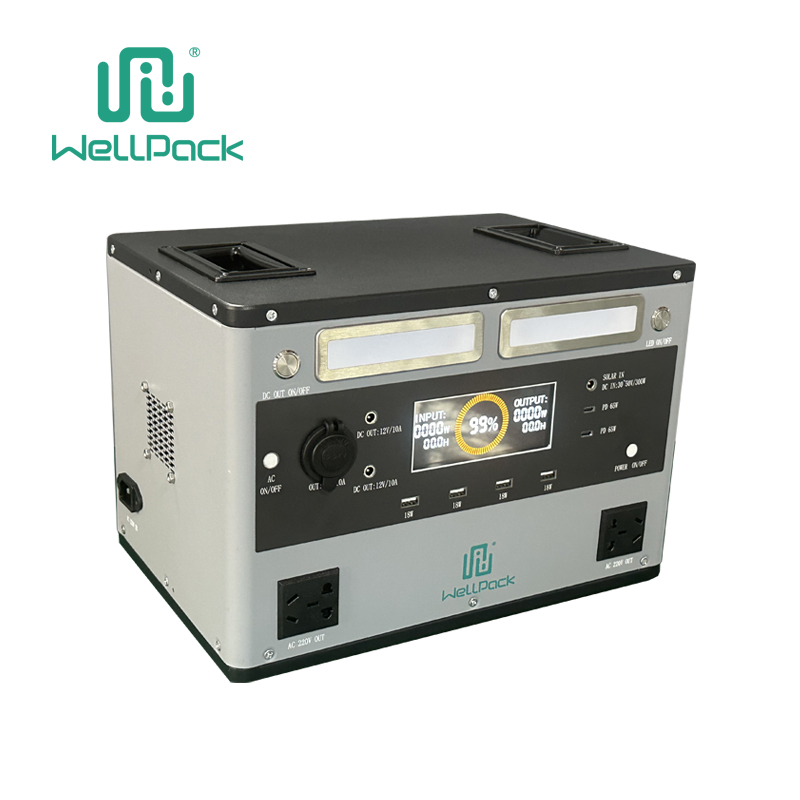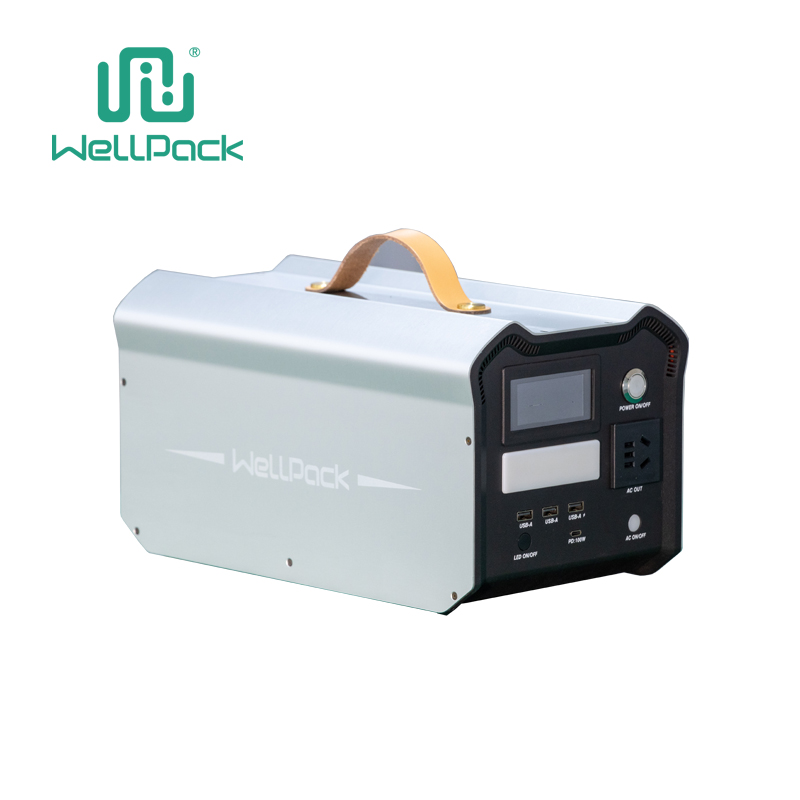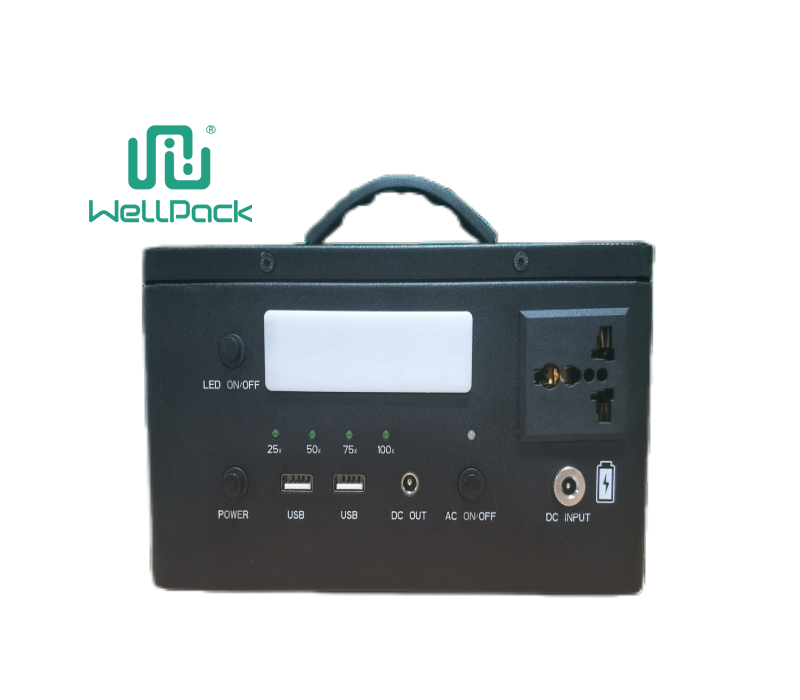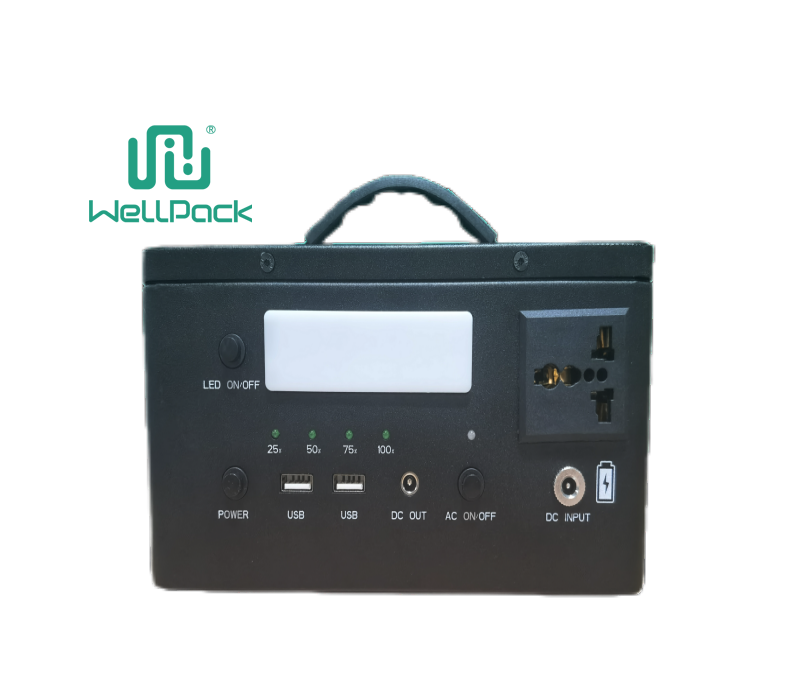Power outages can happen anytime, so you may want a backup power supply for your home. You have two main choices: home energy storage devices or backup generators. Both can give you electricity when the grid fails, but they have pros and cons. Here’s how to compare them and decide which one is right for you.
What are home energy storage devices?
Home energy storage devices are devices that store electricity from your solar panels or other sources and use it when you need it. They have a battery, an inverter, and a controller. The battery stores the electricity as DC. The inverter converts DC to AC, which is what the grid and most appliances use. The controller manages the battery and communicates with the solar system, the grid, and the load.
Home energy storage devices can:
Increase your self-consumption of solar power: You can store extra solar power during the day and use it at night or during peak hours. This way, you can use more of your solar power and avoid selling it back to the grid cheaply or wasting it.
Provide backup power during grid outages: You can have a reliable backup power source in case of grid outages or emergencies. You can also go off-grid and run independently from the grid if you want to.
Reduce your electricity bills: You can use your stored solar power when electricity prices are high or when there are peak demand charges. You can also benefit from time-of-use rates or net metering programs if they are available in your area.
Enhance grid stability and reliability: You can help improve grid stability and reliability by providing grid services such as frequency regulation, voltage support, demand response, etc. You can also join virtual power plant or community energy projects if they are available in your area.
What are backup generators?
Backup generators are devices that make electricity by burning fuel such as gasoline, propane, diesel, or natural gas. They have an engine, an alternator, a fuel tank, and a control panel. The engine turns fuel into mechanical energy. The alternator turns mechanical energy into electrical energy. The fuel tank stores fuel for the engine. The control panel controls the generator.
Backup generators can:
Provide instant backup power during grid outages: You can have an immediate backup power source in case of grid outages or emergencies. You don’t have to wait for the battery to charge or discharge.
Provide longer backup power during prolonged outages: You can have a longer backup power source in case of prolonged outages or disasters. You don’t have to worry about running out of battery capacity.
Provide more power for larger loads: You can have more power for larger loads such as heating, cooling, or appliances. You don’t have to limit your power consumption.
How to choose between home energy storage devices and backup generators?
When choosing between home energy storage devices and backup generators, you should consider factors such as:
Cost: Home energy storage devices cost more upfront than backup generators, but they cost less to operate and maintain. Home energy storage devices can also save you money on your electricity bills by using solar power or off-peak rates. Backup generators cost less upfront than home energy storage devices, but they cost more to operate and maintain. Backup generators also need fuel supply and storage, which adds to the cost.
Environmental impact: Home energy storage devices have less environmental impact than backup generators, as they use clean and renewable energy sources such as solar power. Home energy storage devices also emit less and make less noise than backup generators. Backup generators have more environmental impact than home energy storage devices, as they use fossil fuels that cause greenhouse gas emissions and air pollution. Backup generators also emit more and make more noise than home energy storage devices.
Space: Home energy storage devices take up less space than backup generators, as they have a compact and modular design. Home energy storage devices can also be installed indoors or outdoors depending on your preference. Backup generators take up more space than home energy storage devices, as they have a bulky and noisy design. Backup generators also need to be installed outdoors with proper ventilation and clearance.
Conclusion
Home energy storage devicesand backup generators are both options for backup power supply for your home. However, they have different pros and cons that you should weigh carefully before making a decision. Home energy storage devices are better for you if you want to use solar or other renewable energy sources, save money on your electricity bills, reduce your environmental impact, and have a flexible and quiet installation. Backup generators are better for you if you want to have instant and longer backup power, handle larger loads, and have a lower upfront cost. To learn more about home energy storage devices and backup generators, please visit our website or contact us directly.

